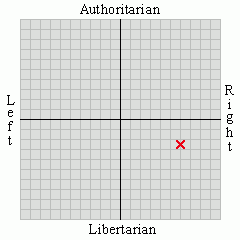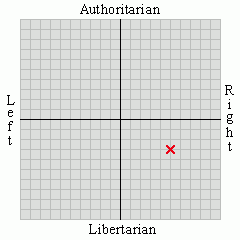The use of force may be used to interrupt an act of piracy as it is taking place, however international law does not consent to pirate vessels being shot and sunk. The UN Convention on the Law of the Sea only allows for the boarding and confiscation of pirate vessels and for the arrest of crew members. When such action is opposed by pirates, a proportionate use of force may be used whereby the sinking of the vessel is considered an action of last resort, and the use of a disabling fire to stop the motors is preferred. Moreover, a UN Security Council resolution is needed to legitimately attack the pirates’ bases on land unless a single country decides to act unilaterally to defend its national interests, usually by securing the release of hostages. Normally the latter must occur in international waters, as entry into the territorial waters of a sovereign state is prohibited under international law. However, an exception was made following UN Resolution 1851 and the subsequent agreement reached with the Somali transitional government.
One possible solution to the piracy problem would be for the UN to authorise the various naval forces policing the region to block all non-escorted vessels from gaining access to or departing from the Somali coast. However this is impracticable due to the length of the coastline in question. Furthermore, there is no international consensus over how pirates should be tried once they have been captured and detained. The laws of France and Italy, for example, grant jurisdiction for the prosecution of foreign pirates that are captured in international waters. Denmark, on the other hand, whose ship, the Absalon, captured ten men suspected of piracy and detained them for six days, was forced to liberate them on the coast of Puntland on 23rd September 2008 due to the legal impossibility of prosecuting them under Danish law. In contrast, the UK was able to hand over pirates to the Kenyan authorities after detaining them for several days following the conflict involving HMS Cumberland. It is evident therefore, that international bodies such as the UN and EU must aim for legislative harmonisation in this field and place pirates under the jurisdiction of the International Criminal Court. Despite this, it is necessary to remember that piracy is merely the most prominent illegal activity currently taking place in Somalia. A host of crimes, which includes human trafficking, arms and drug smuggling and chemical waste dumping is impossible to resolve without restoring law and order to a failed state.




To solve this problem, a combined navy force should be formed by different nations to stop Somalian attacks and hijacking.
ReplyDeletePersonal Injury Attorney Houston
I totally agree with suggestion above. A combined force can really work!
ReplyDeletebellevue dui